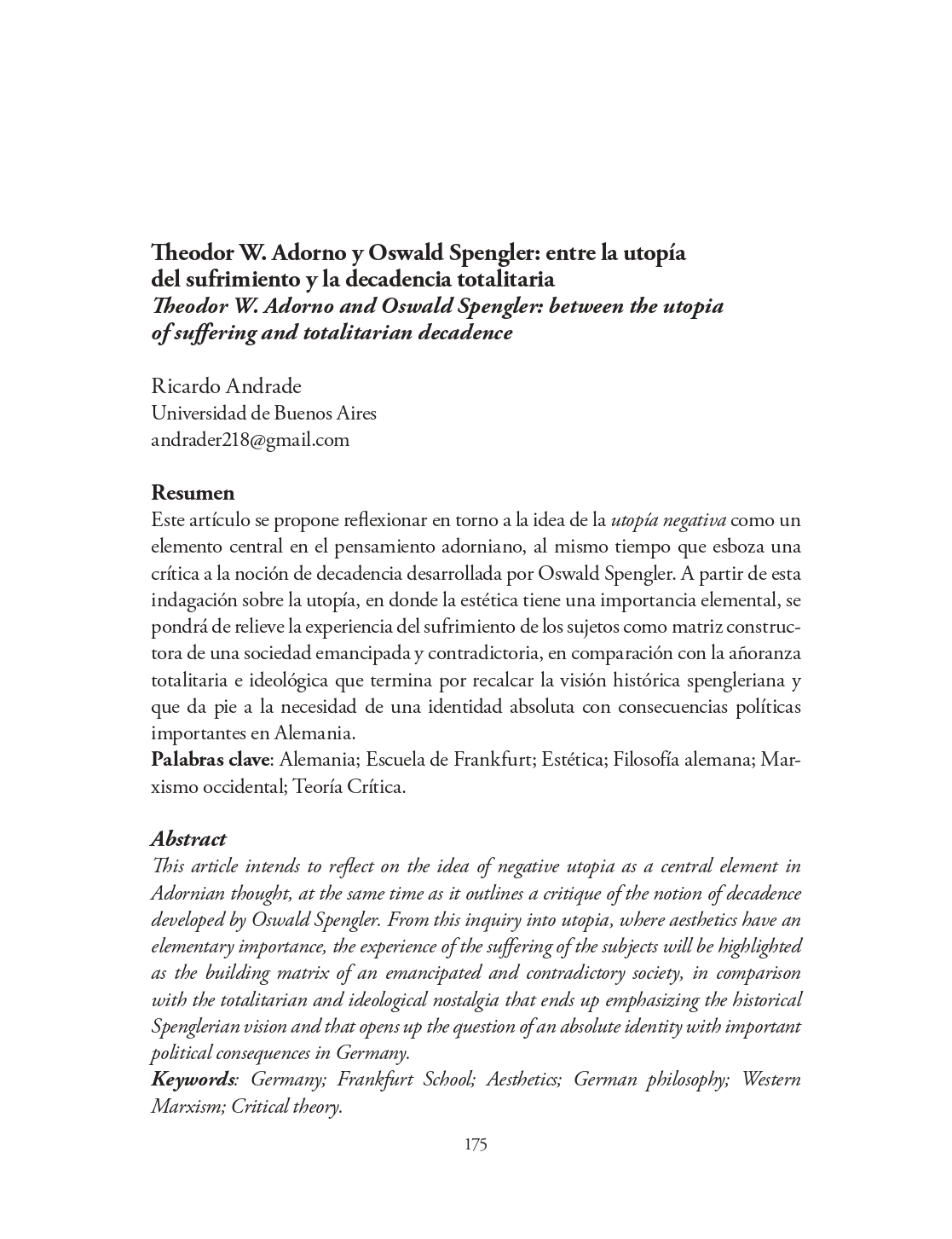Abstract
The article aims to explore how the film Santa sangre by Alejandro Jodorowsky deals with the horror film genre, and how it is transformed, mutated, through the appropriation of narratives present in Buddhism and Hinduism. What this article proposes is that this film, based on those doctrines, modifies the genre in the narrative field, one in which terror usually shows characters reaching objects of value, through canonical narrative schemas. It is concluded that Santa sangre alters the genre because of characters that rather move away from objects of value, in a non-canonical narrative that develops under the sense of renunciation, defined by Buddhism as nekkhamma, and through a mode of illusion, expressed metaphorically in the characters, understood by the advaita doctrine as maya.

This work is licensed under a Creative Commons Attribution 4.0 International License.
Copyright (c) 2019 Diseminaciones

